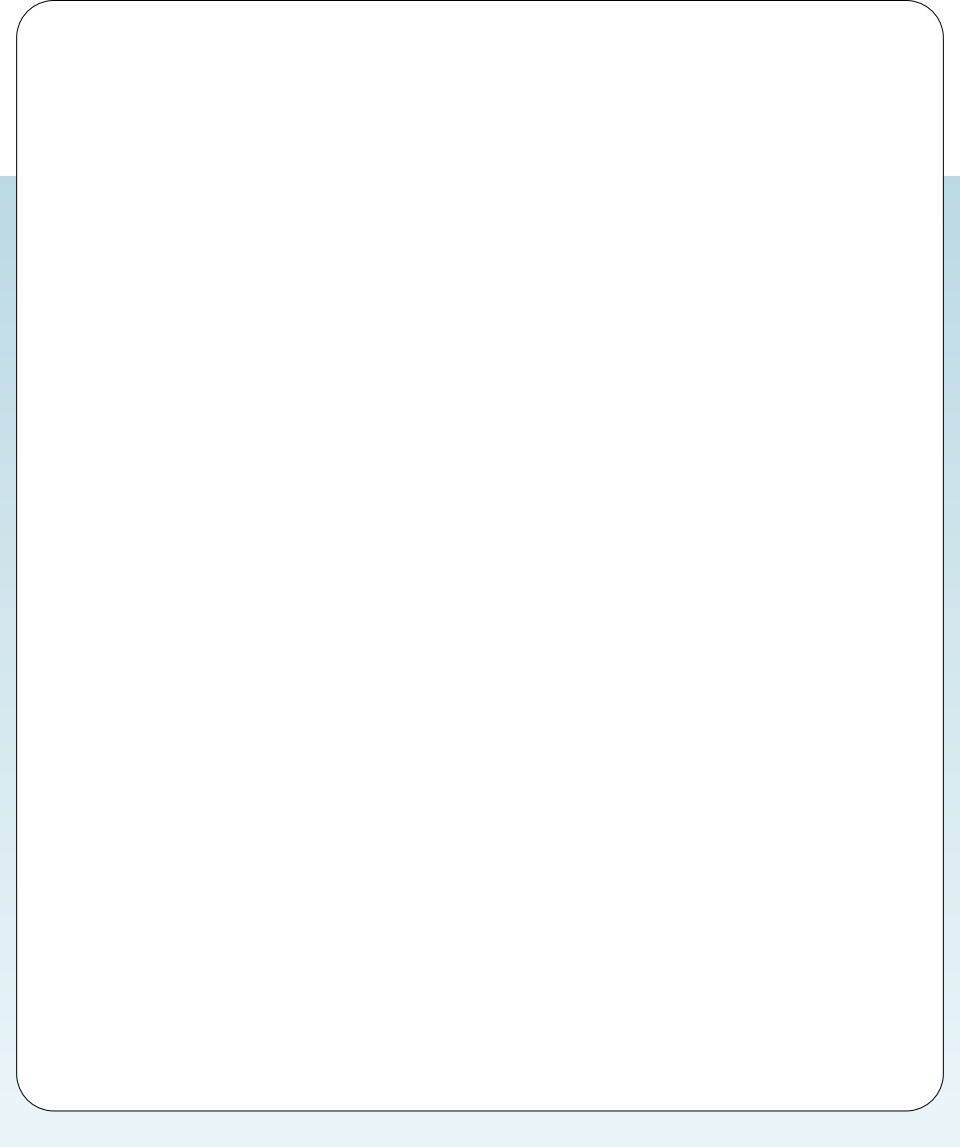




Forty Foot Press

Uncharted Voyage
Poems By Students From
Loreto Abbey Dalkey
Edited by Anne Fitzgerald
‘’The clarity, candour and imaginative energy of the poems in Uncharted Voyage make it a gripping, stimulating collection. Its sheer thematic range is startling. The themes are confronted and explored with sensitivity and skill. From beginning to end Uncharted Voyage is, quite simply, pure delight. I found the poems thoughtful, honest and well-
Brendan Kennelly
‘‘With all their lives before them, over ninety young voices ‘on this side of the bridge’ capture their tensions, their uncertainties, their concerns, their optimism. In a wide variety of poems that looks at stereotyping, nature’s moods, family life, Posh and Becks, memory, cups in ‘My Cupboard’ sleeping on saucers, and ‘the long ball of twine that is my life’, the pupils of Loreto Abbey, Dalkey, under Anne Fitzgerald’s guidance, make their mark. This is a how-
Niall Mac Monagle
‘‘In Reveries over Childhood and Youth (1914), W.B. Yeats famously wrote: ‘Indeed I remember little of childhood but its pain’. This collection of poems by young people reminds us again and again that we should not make light of their troubles."
Joan Mc Breen
Uncharted Voyage
(Dublin, Loreto Abbey Dalkey Press, 2004)
ISBN 0-
Cover Photograph © Anne Fitzgerald
Introduction to Uncharted Voyage
Dolores MacKenna
Principal,
Loreto Abbey, Dalkey
All of us have the gift of poetry – to a greater or lesser extent. The ability to view the world through a poet’s eye is an intrinsic part of childhood. Patrick Kavanagh wrote of “the newness that was in every stale thing/ When we looked at it as children”. In order to retain this precious gift and to explore it fully, we must journey deep within ourselves.
The title of this volume of poems is Uncharted Voyage. It contains the work of pupils from the Transition Year, who have travelled inward in search of words and rhythms which express their vision of the world and in some cases which articulate very personal thoughts and emotions. Often it is in the act of writing that we discover our deepest feelings, which are then borne to the surface by means of words. Through language the experience of living is thus transfigured into the art of poetry.
Like all arts, poetry has an element of craft, which must be learned. What better teacher than a person who is herself a practitioner of the art. The contributors to this book were fortunate in having Ms Anne Fitzgerald, a past pupil of our school, as their mentor. Under her guidance they gained insights into the making of poems.
When we read a poem it can appear as if it just flowed from the writer’s pen with little effort. Even the greatest poets, however, think deeply about their work, shaping and reshaping the words until they sound as if they have evolved naturally. W.B. Yeats had this in mind when he wrote “A line will take us hours maybe;/ Yet if it does not seem a moment’s thought,/ Our stitching and unstitching has been naught.”
All the contributors to this book deserve our thanks and our congratulations for the work they have produced. We are particularly grateful to Anne Fitzgerald, not only for the tremendous interest she has taken in the project, but for her generous gift of a poem, which we are delighted to include in what we hope will be the first of many publications by our students.